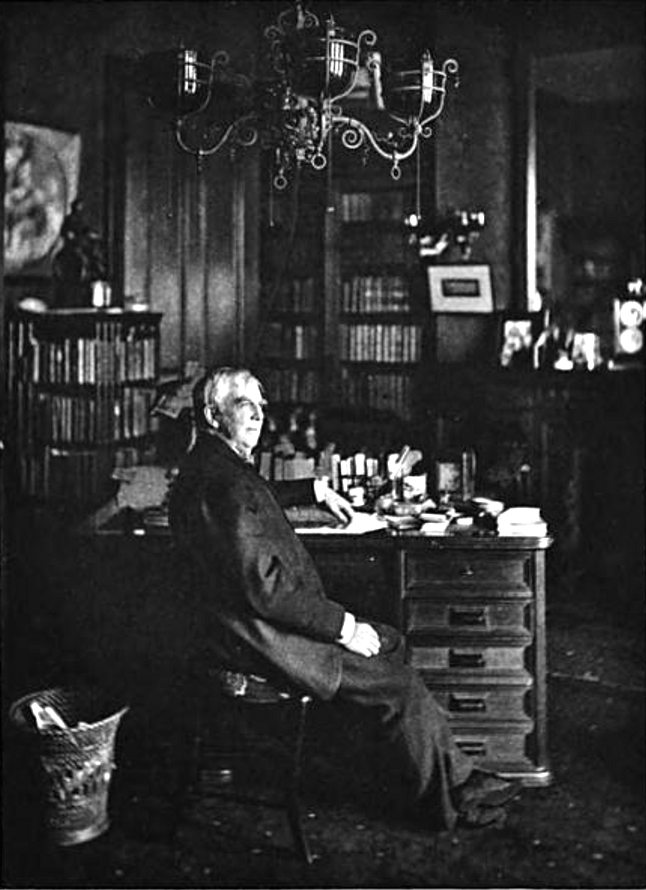Category: Homeopathy
Update: Homeopathy in Brazilian Scientific American
Last week I wrote about a regrettable piece on homeopathy that was published in Scientific American Brasil. There have been gratifying developments. Within hours, the editor in chief of Scientific American, Mariette DiChristina, appeared in the Comments. She said that Scientific American does not condone the pseudoscience of homeopathy, that the piece clearly should not have been published, that it would never have...
The “CAM” Consumer: Misled and Abused
There is a disturbing lack of protection for the consumer of “complementary and alternative” products and services. I can think of no other area of commerce where misleading, as well as out and out false, information is so regularly employed, without consequence, to entice the consumer into forking over his hard-earned cash. Nor do I know of any other manner of goods...
Scientific American Declares Homeopathy Indispensable to Planet and Human Health
I recently received an e-mail from one of SBM’s readers in Brazil, Felipe Nogueira Barbara de Oliveira, a PhD candidate in Medical Science who holds an MS in Computer Science and is who is trying to promote critical thinking and scientific medicine in his country. He sent me a jpeg copy of a short piece that was published (in Portuguese) in the...
The CAM Docket: Boiron I
Author’s note: This will inaugurate a series of occasional posts observing the wheels of justice grind slowly over “CAM.” In a previous post, I posited that CAM practitioners might well subject themselves to liability for the tort of fraudulent misrepresentation. This misrepresentation could be based on both the lack of scientific evidence of effectiveness and the lack of scientific plausibility for their...
The Marino Center for Integrative Health: Hooey Galore
Two weeks ago I promised that I would discuss the Marino Center for Integrative Health, identified in the recent Bravewell report as having a “hospital affiliation” with the Newton-Wellesley Hospital (NWH) in Newton, Massachusetts, which is where I work. I also promised in that post that I’d provide examples of ‘integrative medicine’ practitioners offering false information about the methods that they endorse. I’d...
Informed Consent and CAM: Truth Not Optional
In three recent posts, Drs. Novella, Gorski and Atwood took the Bravewell Collaborative to task over a report on its recent survey of U.S. “integrative medicine” centers. As Dr. Novella noted, So what is integrative medicine? When you strip away the rebranding and co-opting of features and treatments of mainstream medicine, you are left with the usual list of pseudoscientific practices that...
What is Science?
Consider these statements: …there is an evidence base for biofield therapies. (citing the Cochrane Review of Touch Therapies) The larger issue is what constitutes “pseudoscience” and what information is worthy of dissemination to the public. Should the data from our well conducted, rigorous, randomized controlled trial [of ‘biofield healing’] be dismissed because the mechanisms are unknown or because some scientists do not...

Homeopathy and Its Kindred Delusions
I wrote an introduction to the first in a series of books republishing classic skeptical works - Oliver Wendell Holmes' Homeopathy and Its Kindred Delusions. Reproduced here by permission of the James Randi Educational Foundation is that introduction. Enjoy!
Pediatrics & “CAM” II: just wrong
In November, the journal Pediatrics published an entire supplement devoted to Pediatric Use of Complementary and Alternative Medicine: Legal, Ethical and Clinical Issues in Decision-Making. The authors purport to have “examined current legal, ethical, and clinical issues that arise when considering CAM use for children and identified where gaps remain in law and policy.” (S150) Their aim is to “illustrate the relevance...
Pediatrics & “CAM” I: the wrong solution
Oh no! Not again! The venerable medical journal Pediatrics devotes an entire supplement this month to Pediatric Use of Complementary and Alternative Medicine: Legal, Ethical, and Clinical Issues in Decision-Making. We sense from the very first sentence that we are in familiar territory: Rapid increases the use of complementary and alternative medicine (CAM) raise important legal, ethical, clinical, and policy issues. (S150)...

